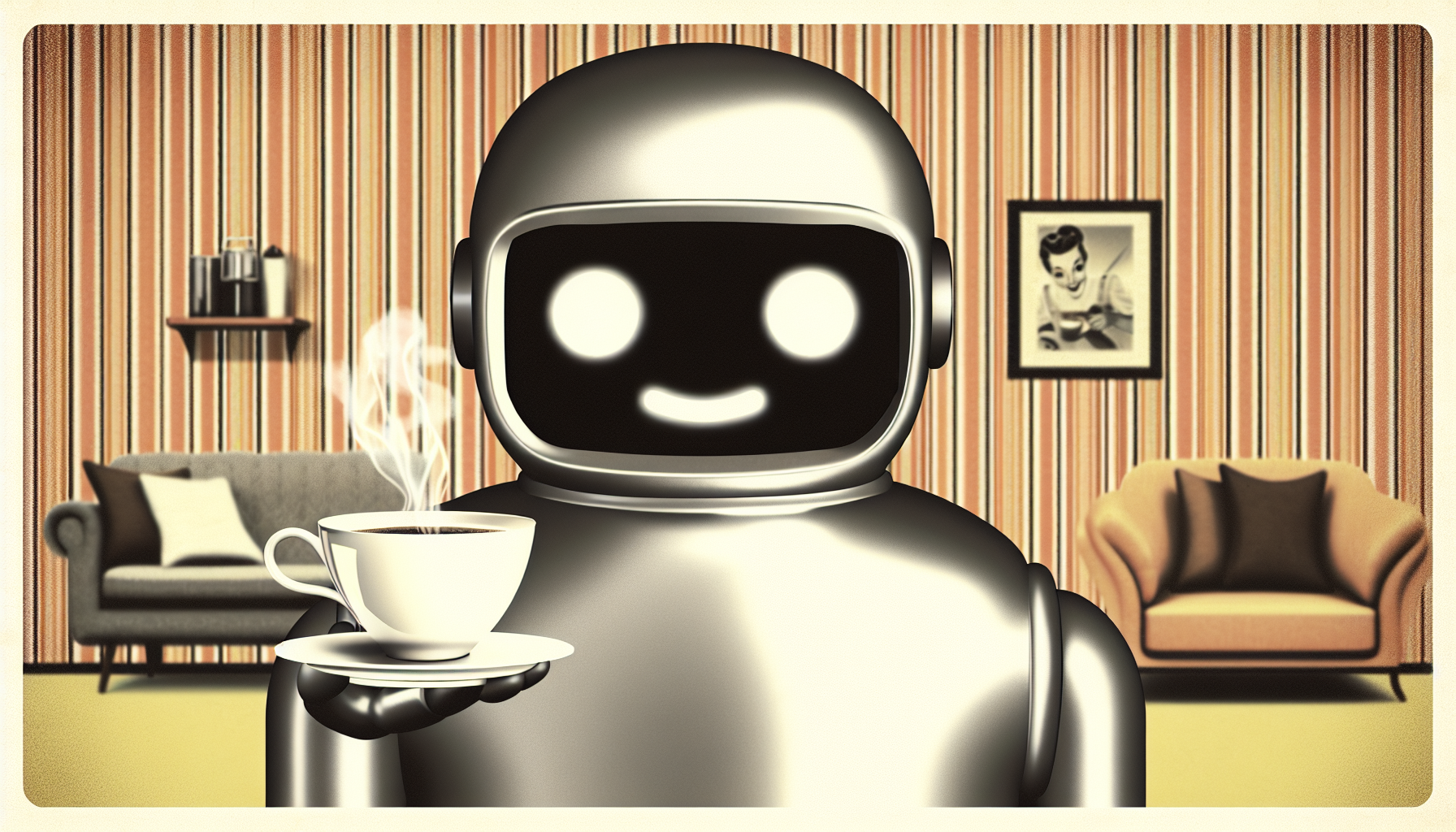Imagine this: Your newly purchased AI assistant greets you every morning with a cheery “Good morning!” and a perfectly brewed cup of coffee, knowing your preferences better than your long-time partner. It listens to your gripes about your day, gives you advice, and even throws in an occasional joke tailored to your sense of humor. Sounds like a perfect companion, right? But what happens to human relationships and emotional bonds in the age of AI?
The Rise of Artificial Companionship
AI companionship isn’t just a sci-fi dream anymore; it’s becoming an everyday reality. Robots capable of engaging in seemingly meaningful conversations are not confined to research labs. They’re infiltrating our homes, workplaces, and our social lives. Some may even argue that AI companions are preferable in certain ways—they don’t argue, judge, or get bored of our incessant ramblings.
However, human connections are deeper and more complex than simply fulfilling our daily needs. Friendship and love involve mutual understanding, emotional growth, and vulnerability—qualities that an algorithm, no matter how advanced, lacks.
AI as Emotional Crutch
We’ve always had ways to fill emotional gaps, from talking to our pets to consulting advice columns. AI is now stepping into this role with unprecedented efficiency. A chatbot can potentially help you offload your daily frustrations, dispensing advice that’s a click away. But leaning heavily on AI for emotional support could affect human interactions in unexpected ways.
Consider this: When was the last time you felt the need to call a friend to vent? If an AI can listen and provide ‘comfort’ at any time, it might reduce our motivation to reach out to actual people. This shift can weaken the depth of our human connections over time. A confidante powered by code may offer convenience but lacks the empathy and emotional depth that a human friend provides.
Romantic Relationships: A New Frontier
Now imagine dating an AI. Sounds laughable, doesn’t it? But think about it. AI-driven apps can already match people based on complex algorithms that predict compatibility. Some developers are even working on AI partners that learn your preferences, habits, and emotional states to provide a sense of companionship. Think of it as Tinder meets Siri on steroids.
However, the charm of romantic relationships lies in their unpredictability and the effort humans invest in each other. A relationship with an AI, although ideally tailored to your liking, skips that essential human struggle and growth. It may make love life ‘easier’ but could also make it more superficial and less meaningful.
The Double-Edged Sword of AI Mediation
It’s not all doom and gloom. There are ways AI can actually strengthen human relationships. Collaborative tools powered by AI can help us communicate better, resolve conflicts more effectively, and understand each other’s needs in ways we couldn’t before. Imagine a real-time AI translator helping couples from different linguistic backgrounds truly understand each other. Imagine AI tools helping families manage their time more efficiently, reducing stress and creating more opportunities for quality interaction.
Yet, this kind of mediation can become a double-edged sword. We might become dependent on AI to the point where we lose essential interpersonal skills. The couple who relies on an AI translator might struggle to communicate deeply without it. Over-reliance on such tools can make us forget how to navigate the messiness of human interaction independently.
Balancing AI and Human Connections
Finding the right balance between AI and human relationships is key. While it’s almost impossible to avoid AI technology altogether, we can make conscious choices about how much we rely on it for our emotional well-being. Using AI as a helper rather than a crutch can allow us to enjoy the benefits of convenience and emotional support without sacrificing genuine human connections.
Next time your AI assistant makes you that perfect cup of coffee and asks about your day, appreciate it but don’t forget to share the laugh with a friend or hug your partner. After all, while an AI can simulate understanding, it can’t replace the warmth of a hug or the joy of shared laughter.
The future promises more advanced AI interactions, but it also urges us to re-examine the core of our human needs. Technology should help us remember what it means to be human, not render it obsolete. So, let’s embrace AI but preserve the essence of our emotional bonds because, at the end of the day, silicon can never substitute for the human heart.

Leave a Reply